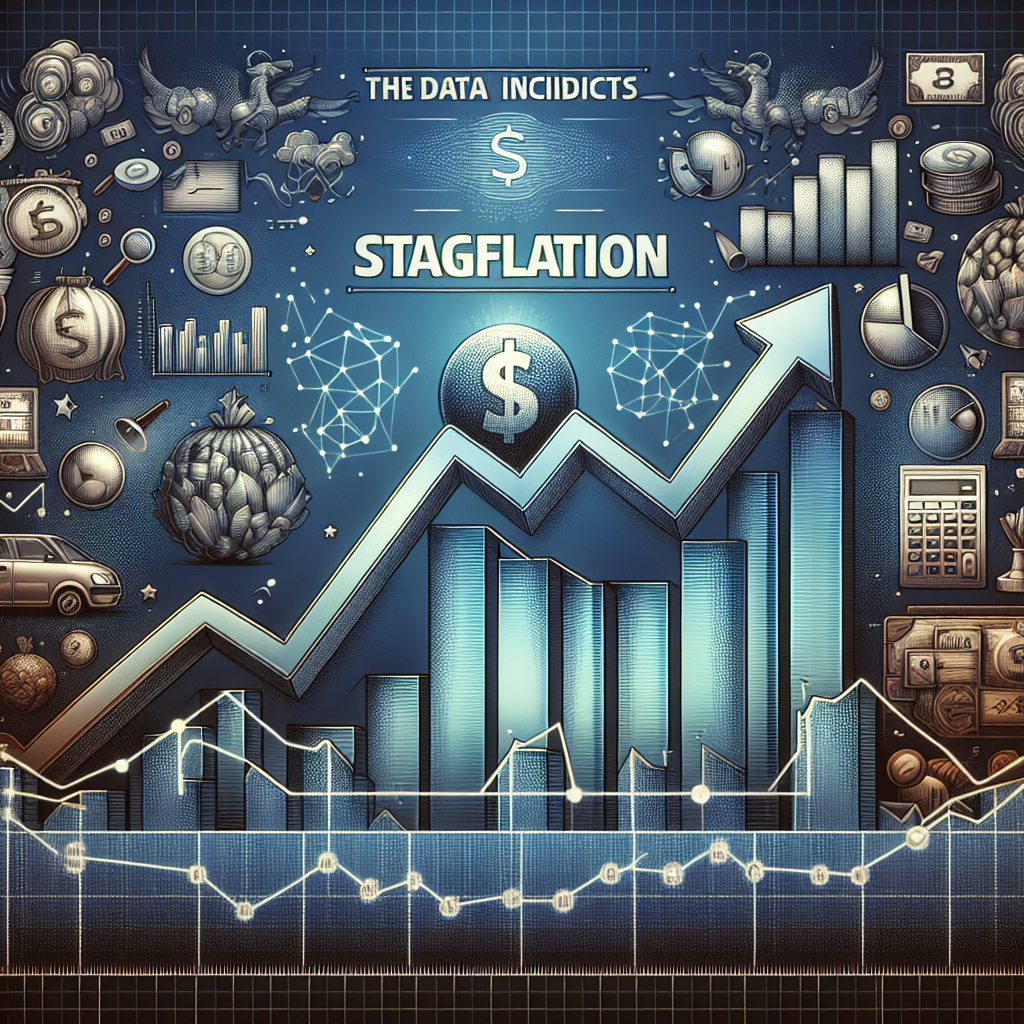On Friday, Peter Schiff highlighted the troubling data coming from the latest nonfarm payroll report, which fell far short of expectations, thereby illustrating the challenging position in which the Federal Reserve (Fed) currently finds itself. As political pressures rise, especially with an election on the horizon, Schiff argues that the Fed is faced with the daunting task of managing both persistent inflation and a stagnating labor market—a challenge he believes they simply cannot handle. He emphasizes that the narrative pushed by mainstream media and politicians about a recovering economy does not align with reality; rather, it reflects a significant disconnect that voters are beginning to sense.
Despite the insistence from various sectors that the economy is healthy, recent data revisions and disappointing performance indicators are leading many to question the narrative. Schiff asserts that public sentiment aligns with the economic indicators, indicating widespread dissatisfaction with the current administration. He posits that the American public, rather than believing the media’s portrayal of the situation, senses the true state of the economy, one that appears to be teetering on the edge of recession—suffering from both inflation and stagnation, termed stagflation by experts. This economic malaise feeds into a desire for change among voters, suggesting that many are unwilling to continue on the same path the Biden administration has charted.
The Fed’s strategy of lowering interest rates with the hope of fostering economic growth appears to be backfiring. Rather than results in easing borrowing costs, these cuts have led to a rise in long-term rates, heightening concerns about government debt and investor confidence. Schiff argues that with the disappointing payroll report underscoring this trend, the bond market is reacting accordingly. The report indicated a significant shortfall, with only 12,000 jobs added instead of the anticipated 125,000—constituting a noteworthy deviation that highlights economic struggles and has led to downward revisions in previous months’ data. In this context, Schiff warns that the Fed is caught in a cycle where they may resort to monetary easing to combat rising inflation, further complicating their ability to stabilize the economy.
As the political landscape shifts, particularly in light of the upcoming election, Schiff reflects on the changing perceptions regarding candidates, specifically noting movement in betting markets concerning Donald Trump’s political future. He dispels the notion that a significant loss of confidence in Trump is driving these market fluctuations, characterizing them instead as traders repositioning themselves. The dynamics seem indicative of a wider uncertainty and a manifestation of the economic pressures weighing on the political arena. In this framework, Schiff suggests that the trajectory of the market may be more reflective of sentiment volatility rather than definitive changes in Trump’s electoral viability.
In another critical observation, Schiff turns his attention to MicroStrategy and its CEO, Michael Saylor, who has announced plans to purchase over $40 billion in Bitcoin. Schiff expresses skepticism about Saylor’s strategy, drawing an analogy between Saylor’s relentless pursuit of Bitcoin and Captain Ahab’s obsession with the whale in Herman Melville’s novel. He warns that this ambition could end in disaster, suggesting that those who are bullish on Bitcoin might do well to divest their holdings now and wait until MicroStrategy potentially faces bankruptcy before re-entering the market.
In closing, Schiff offers a candid assessment of Donald Trump’s first term in office, acknowledging his support for the former president while simultaneously critiquing his record. He admonishes the tendency to glamourize Trump’s presidency, advocating instead for a realistic appraisal of the economic consequences of his policies. According to Schiff, significant issues such as increased government spending and record trade deficits materialized during Trump’s tenure. He emphasizes that while voters may seek a savior in Trump, an honest evaluation of his past performance reveals that many economic challenges were exacerbated during his administration, undermining the narrative of a miraculous economic recovery that some supporters promote.

